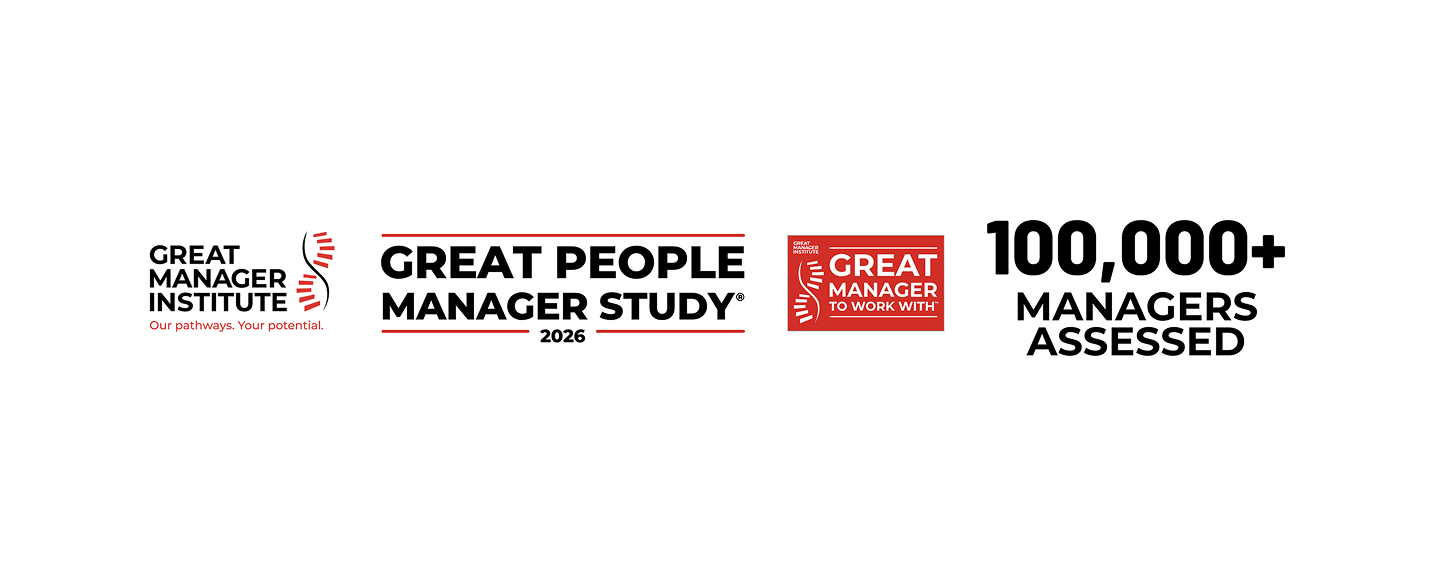A company’s culture is defined through a set of values, ethics, and beliefs. It can be represented in a variety of ways, ranging from how business is conducted and executed to how individual employees interact with each other in the workplace. The physical work environment, and the leadership style, reflects a company’s culture. There are more complex aspects to workplace culture, like how people feel about their job, the values they hold, where according to them the firm is headed and what they are doing to get there. These characteristics also contribute to an organisation’s personality — or culture.
Develop self-awareness through introspection
Being self-aware is one indicator of possessing emotional intelligence. However, one doesn’t become self-aware in a day or in a week, it requires time. In order to be self-aware people leaders can try to keep a journal to write down daily interactions with colleagues and record how they felt, and how they believe their colleague felt about their interaction. The best way to build self-awareness is to connect work to larger team goals and maintain an understanding of why you are doing what you are doing.
Practice empathy
Practicing empathy or being empathetic requires us to understand what empathy really is. It is the ability to understand the needs of others by being aware of their thoughts and feelings, not by trying to impose yours or offering judgements. Demonstrating empathy can help improve your interactions with colleagues and lead to more effective communication and collaboration.
Be an active listener
Being an active listener simply involves hearing a person out without interrupting them. Once they’ve shared all that they wanted to take time to get clarity on someone else’s point of view, repeat what you think you are hearing and have them confirm whether you’ve heard and understood them correctly; do this until you gain a fuller insight into their perspective. Give them your undivided attention, make eye contact, offer affirmation when you understand, do not interrupt, and be respectful. And when you don’t understand, say so. Be relentless about clarity.
Display self-regulation
By reacting appropriately to change and adverse circumstances. Embrace change, focus on problem-solving, keep an open mind, avoid absolute positions that limit your options and focus on the present when you need to. Leaders who lash out, panic, complain, are perceived as unhinged and are most likely to not be emotionally intelligent.
Practice your social skills
Practice your social skills by observing group dynamics, interactions, and attitudes of others. Don’t be afraid to help guide conversations assertively without sounding aggressive or passive aggressive. Lean heavily on collaborative decision-making when practical.
Openly welcome feedback
Openly welcome feedback constructively delivered, or not. Recognize the value of learning about how you are perceived as a way to continually improve your self-awareness and emotional intelligence. Solicit feedback and thank those willing to share it with you. Avoid defensive language and posture.
Reflect regularly
Reflect regularly on past experiences as it will help you break past habits, more clearly assess what has worked and what has not, and how you influenced, or failed to influence others. Emotionally intelligent leaders rely heavily on reflection and do so intentionally and unintentionally.
Clearly, emotional intelligence is important for people leaders, and we should all continue to learn how to recognize it as well as when it is absent. While academia and other experts work on better measures and learning techniques, we (leaders) have to remain self-aware and become lifelong students of emotions in ourselves and in others. The more we perceive and understand emotions, the better we will get at reasoning with them and managing them.











